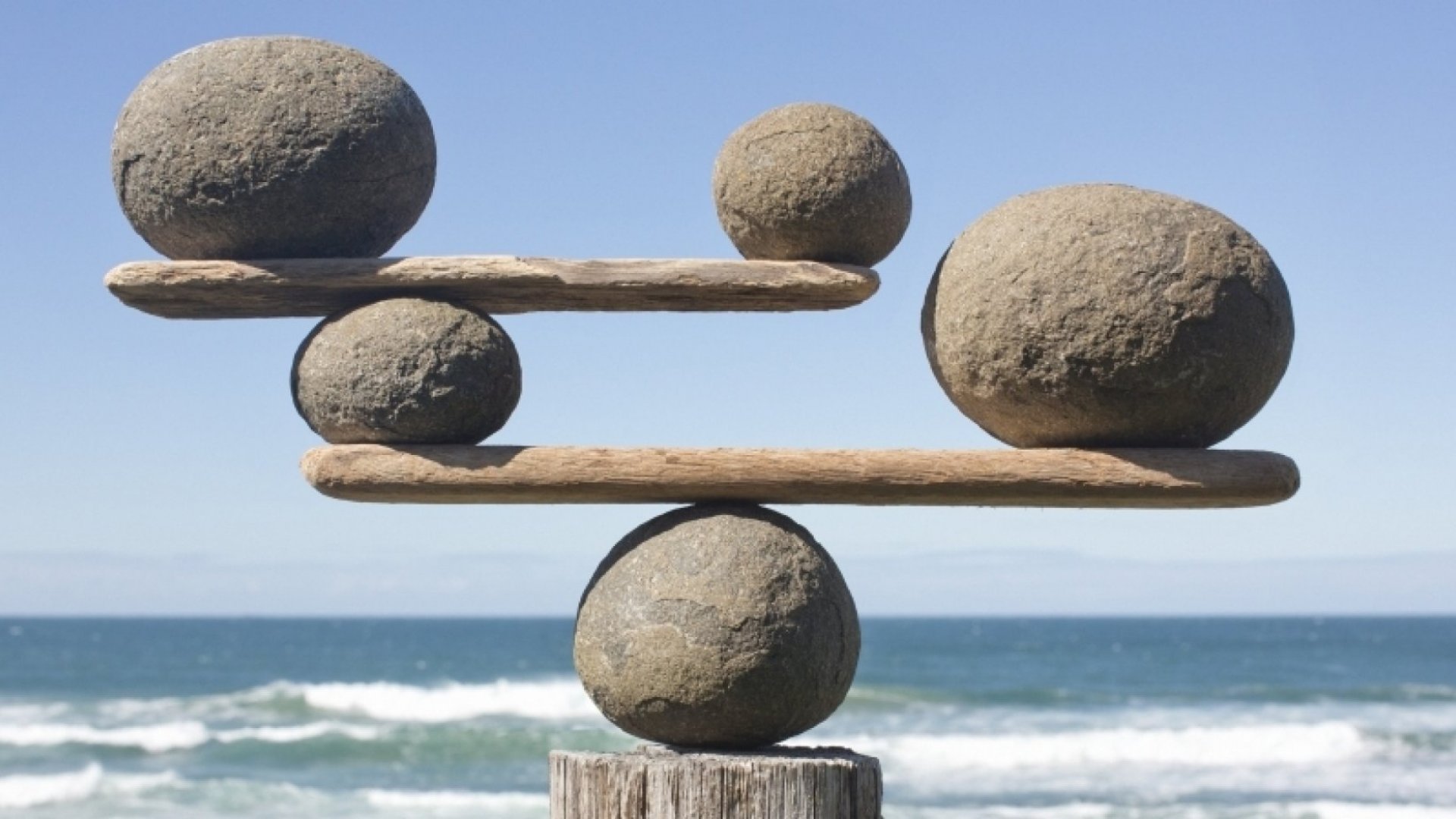- Empty cart.
- Continue Shopping
How to Cultivate a Balanced Life

In today’s fast-paced world, achieving and maintaining a balanced life can be a challenging but vital goal. Balancing various aspects of life, such as work, relationships, health, and personal fulfillment, is essential for overall well-being and happiness.
Define Your Priorities
The first step in cultivating a balanced life is to define your priorities. What matters most to you? Take some time to reflect on your values and long-term goals. Your priorities may include:
- Health: Physical and mental well-being are the foundation of a balanced life. Prioritize regular exercise, a nutritious diet, and stress management.
- Work: Your career is essential, but it should not consume all your time and energy. Set clear boundaries and establish a healthy work-life balance.
- Relationships: Family and friendships are crucial for emotional support and happiness. Dedicate time to nurture these connections.
- Personal Growth: Continue learning and growing, whether through formal education, hobbies, or self-improvement activities.
- Leisure: Make time for activities you enjoy and that help you relax, whether it’s reading, hobbies, or outdoor adventures.
Time Management
Effective time management is key to balancing various aspects of life. Here are some tips:
- Prioritize tasks: Focus on important, high-priority tasks before tackling less critical ones.
- Set boundaries: Learn to say no when necessary to avoid overcommitting.
- Delegate: Delegate tasks when possible, both at work and at home.
- Time blocking: Allocate specific time blocks for different activities, such as work, exercise, and relaxation.
- Limit distractions: Minimize distractions when working or spending quality time with loved ones.
Self-Care
Self-care is essential for maintaining balance. It involves taking care of your physical and mental health:
- Exercise regularly: Physical activity improves mood, energy levels, and overall health.
- Get enough sleep: Adequate sleep is crucial for mental and physical well-being.
- Practice relaxation techniques: Meditation, deep breathing, or mindfulness can help reduce stress and anxiety.
- Set boundaries: Learn to say no when you need time for yourself.
- Engage in hobbies: Pursue activities you are passionate about to recharge and relax.
Maintain Healthy Relationships
Healthy relationships are a cornerstone of a balanced life:
- Communication: Open and honest communication is vital in all relationships. Express your needs and listen to others.
- Quality time: Spend quality time with loved ones, free from distractions or electronic devices.
- Boundaries: Establish and respect boundaries to ensure mutual respect and understanding.
- Seek support: Reach out for support when needed, whether it’s from friends, family, or a therapist.
Practice Mindfulness
Mindfulness involves being present in the moment and fully engaged in your experiences:
- Mindful meditation: Practice meditation to enhance self-awareness and reduce stress.
- Savor the moment: Enjoy the simple pleasures in life and practice gratitude.
- Limit multitasking: Focus on one task at a time to fully engage with each activity.
- Disconnect: Take regular breaks from technology to be present in the real world.
Set Realistic Goals
Setting and achieving realistic goals is crucial for a balanced life:
- SMART goals: Make your goals Specific, Measurable, Achievable, Relevant, and Time-bound.
- Break tasks down: Divide larger goals into smaller, manageable steps.
- Celebrate achievements: Acknowledge and celebrate your successes along the way.
- Adjust as needed: Be flexible and adjust your goals when necessary to align with changing priorities.
Learn to Say No
One of the most challenging aspects of balancing life is learning to say no when you need to:
- Evaluate requests: Assess whether a request aligns with your priorities and whether you have the capacity to take it on.
- Be assertive: Politely decline requests that do not align with your current goals and commitments.
- Avoid overcommitting: Saying yes to everything can lead to burnout and imbalanced living.
Seek Professional Guidance
If you find it challenging to achieve balance in your life or struggle with persistent stress, anxiety, or other mental health issues, consider seeking professional guidance from a therapist or counselor. They can provide personalized strategies to help you achieve balance and well-being.
In Conclusion, Cultivating a balanced life is an ongoing process that requires self-awareness, time management, self-care, and setting priorities. By defining your values, managing your time effectively, prioritizing self-care, nurturing healthy relationships, and setting realistic goals, you can create a life that is fulfilling, harmonious, and in alignment with your values and aspirations. Remember that balance is not a fixed state but a dynamic journey that requires continuous adjustments and self-reflection








